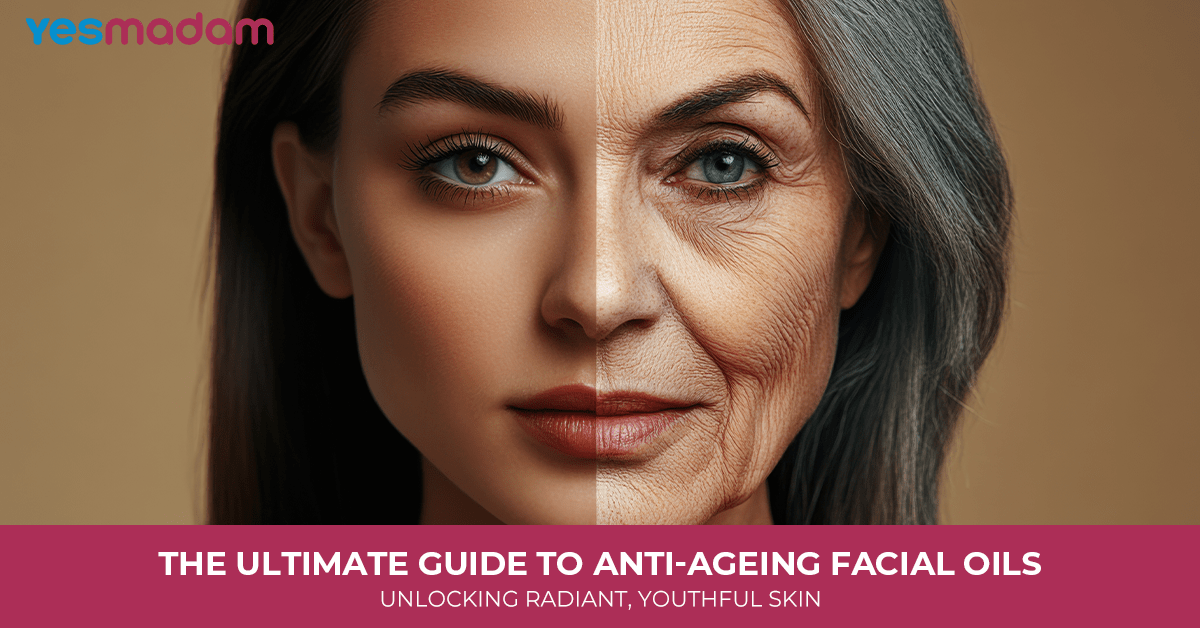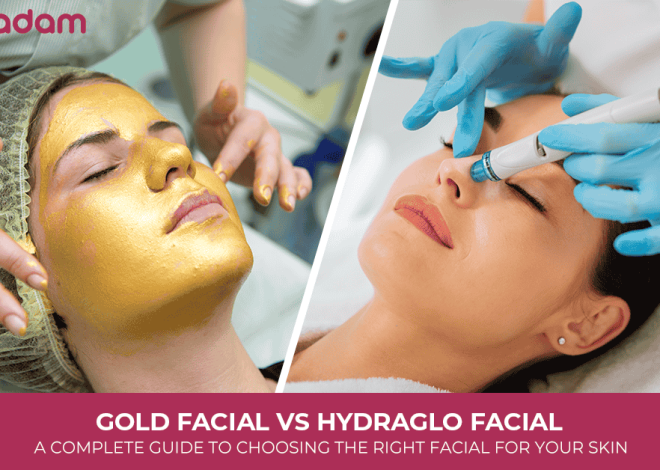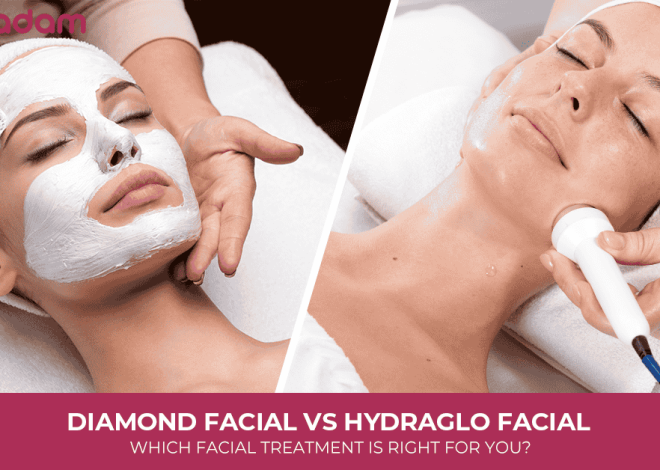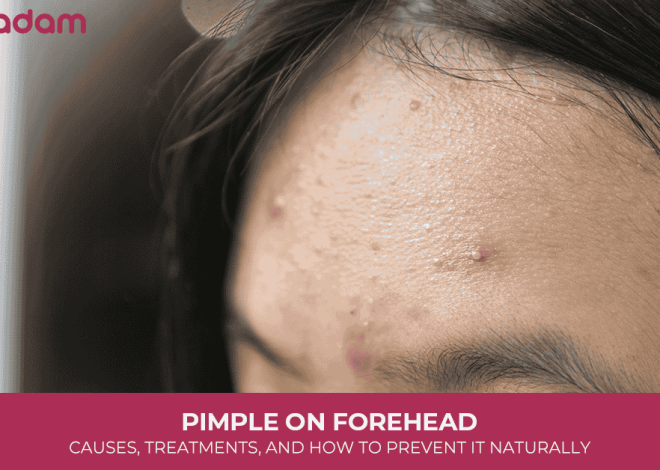
The Ultimate Guide to Anti-Ageing Facial Oils: Unlocking Radiant, Youthful Skin
If you’ve ever stood in front of the mirror wondering how to keep your skin glowing, youthful, and free from early signs of ageing, you’re not alone. In today’s skincare world, anti ageing facial oils have gained massive popularity for their ability to nurture the skin from within, delivering hydration, radiance, and protection. Unlike traditional moisturizers, facial oils penetrate deeper, helping to replenish lost nutrients, reduce wrinkles, and restore elasticity.
But with so many options available, the big question remains: are facial oils really worth it for anti-ageing? In this blog, we’ll break it all down from the science behind these oils to how you can incorporate them into your routine without overwhelming your skin.
Table of Contents
Why Anti-Ageing Facial Oils Are Taking Over Skincare
For decades, creams and serums dominated the anti-ageing market. While effective, many of them lacked the concentrated nourishment that plant-based oils provide. Facial oils are packed with antioxidants, essential fatty acids, and vitamins that go straight into the skin barrier, fighting oxidative stress (a major cause of ageing) more effectively.
More Information For You: Washing Face with Cold Water: Benefits
How Oils Work for Ageing Skin
Anti ageing facial oils create a protective barrier that locks in hydration while delivering nutrients directly to the cells. They don’t just sit on the surface they penetrate deeper to repair and rejuvenate, helping skin stay plump and radiant. Think of them as food for your skin: nourishing, replenishing, and full of natural goodness.
Benefits of Anti Ageing Facial Oils

Facial oils are more than just moisturizers, they are concentrated formulas packed with essential fatty acids, vitamins, and antioxidants that target the root causes of skin ageing. Unlike many creams that sit on the surface, oils penetrate deeper into the skin, nourishing from within. Regular use not only enhances skin health but also helps in maintaining a youthful, glowing complexion.
1. Deep Hydration and Moisture Retention
As we age, skin loses its natural oils, leading to dryness and fine lines. Oils like argan oil and rosehip oil replenish that lost moisture, making your skin soft and supple.
2. Boosting Collagen Production
Collagen keeps skin firm and youthful, but production slows down over time. Oils rich in vitamin A and C, like rosehip seed oil, help stimulate collagen, reducing sagging and wrinkles.
3. Protecting Against Free Radicals
Environmental factors like pollution and UV rays accelerate ageing. Antioxidant-rich oils, such as pomegranate or marula, shield the skin, preventing damage at a cellular level.
4. Enhancing Radiance and Glow
Oils naturally add luminosity, making your skin look fresher and more vibrant. They restore the natural barrier and give an instant glow that even the best creams sometimes struggle to achieve.
Choosing the Right Anti Ageing Facial Oil
Not every oil suits every skin type, which is why understanding your skin’s needs is crucial.
For Dry Skin
Look for heavier oils like avocado or almond oil that provide long-lasting hydration.
For Oily or Acne-Prone Skin
Opt for lighter oils like jojoba or grapeseed oil, which balance sebum without clogging pores.
For Sensitive Skin
Chamomile and calendula oils are gentle and soothing, reducing redness and irritation.
How to Use Anti-Ageing Facial Oils in Your Skincare Routine
Step 1: Cleanse Properly
Always start with a clean face so oils can absorb fully.
Step 2: Apply a Serum (Optional)
If you use serums, apply them before your oil. Oils act as a seal, locking everything in.
Step 3: Use 2–3 Drops of Oil
A little goes a long way. Gently press the oil into your skin instead of rubbing harshly.
Step 4: Moisturizer and Sunscreen
You can either mix the oil with your moisturizer or layer it under sunscreen in the morning.
Busting Myths About Anti Ageing Facial Oils

Myth 1: Oils Will Make My Skin Greasy
Not true! The right oil for your skin type absorbs quickly and actually balances oil production.
Myth 2: Oils Are Only for Dry Skin
In reality, they can benefit all skin types when chosen correctly. Even oily skin needs hydration.
Myth 3: Oils Replace All Other Skincare
Facial oils are powerful, but they work best as part of a balanced skincare routine with cleansers, serums, and SPF.
Popular Oils for Anti-Ageing Benefits
Not all facial oils are created equal each carries unique properties that target specific skin concerns related to ageing. The right oil can help restore lost moisture, protect against environmental aggressors, and stimulate natural repair processes. Below are some of the most effective and well-researched oils for youthful, radiant skin:
Rosehip Oil
Rich in vitamins A and C, rosehip oil is a powerhouse for ageing skin. Vitamin A encourages cell turnover and helps smooth fine lines, while vitamin C brightens dull skin and reduces dark spots.
- Key benefits: Improves skin tone, reduces scars, and supports collagen production.
- Best for: Those with uneven pigmentation, wrinkles, or sun-damaged skin.
- Extra note: Its lightweight texture absorbs quickly, making it suitable even for oily or acne-prone skin types.
Argan Oil
Often called “liquid gold,” argan oil is extracted from the kernels of the argan tree and is highly prized for its rejuvenating qualities.
- Key benefits: Deeply nourishes, restores elasticity, and softens rough patches.
- Nutrients inside: Rich in essential fatty acids and vitamin E, which work together to improve skin resilience.
- Best for: Dry, mature, or sensitive skin needing intensive hydration.
Marula Oil
This lightweight yet potent oil is fast-absorbing and non-greasy, making it ideal for daily use. It’s loaded with antioxidants, including vitamin E and flavonoids, which shield the skin from premature ageing.
- Key benefits: Prevents free radical damage, smooths fine lines, and locks in moisture.
- Best for: Combination skin types, as it hydrates without clogging pores.
- Extra note: Marula oil is also antimicrobial, making it useful for calming redness and minor skin irritations.
Pomegranate Seed Oil
A deeply regenerative oil, pomegranate seed oil is especially effective at soothing skin stressed by environmental damage. It contains punicic acid (an omega-5 fatty acid) that promotes cell regeneration and reduces inflammation.
- Key benefits: Helps repair the skin barrier, reduces redness, and enhances overall firmness.
- Best for: Ageing, sun-exposed, or inflamed skin needing extra recovery support.
- Extra note: Works beautifully as a night treatment, allowing the skin to heal and renew while you sleep.
Tips for Maximizing Results
Using facial oils correctly ensures you get the most out of their anti-ageing benefits.
Apply to Damp Skin
Oils seal in hydration best when the skin is slightly damp. Just 2–3 drops pressed in gently are enough.
Be Consistent
Results build over time. Apply regularly (nighttime is ideal) for smoother, firmer skin.
Store Properly
Keep oils in dark bottles, away from heat and sunlight, to maintain their potency.
Don’t Overdo It
A little goes a long way — too much can leave skin greasy or clog pores.
Conclusion
Incorporating anti ageing facial oils into your skincare routine can be transformative. They hydrate, protect, and rejuvenate in ways that traditional products alone can’t match. Whether you’re dealing with dryness, wrinkles, or dullness, there’s an oil out there to help.
The secret lies in choosing the right oil for your skin type and using it consistently. Remember, healthy skin is nourished skin and when fed with the right oils, it glows with timeless beauty.
FAQs
1. Are anti ageing facial oils suitable for oily skin?
Yes, lightweight oils like jojoba or grapeseed can balance oil production without clogging pores. They actually help regulate excess sebum, preventing breakouts.
2. Can I use facial oils every day?
Absolutely! With the right oil for your skin type, daily use is not only safe but also beneficial for long-term hydration and anti-ageing.
3. Should I apply oils before or after moisturizer?
Oils work best after serums and before or mixed with moisturizer. This way, they seal in hydration and maximize absorption of other products.
4. Do facial oils replace serums?
Not really. Oils and serums serve different purposes. While serums target specific issues like pigmentation, oils provide nourishment and lock in moisture.
5. Are anti ageing oils good for sensitive skin?
Yes, but it’s important to choose gentle options like chamomile or calendula oil. Always do a patch test first to avoid irritation.
6. Can facial oils reduce wrinkles?
Yes, many oils are packed with antioxidants and vitamins that stimulate collagen and smooth fine lines over consistent use.
7. How many drops of oil should I use?
Usually 2–3 drops are enough for the whole face. Using more doesn’t improve results and may feel heavy on the skin.
8. Can I use oils under makeup?
Yes, oils can create a smooth, radiant base for makeup. Just make sure they absorb fully before applying foundation.
9. Are facial oils safe during pregnancy?
Most plant-based oils are safe, but it’s best to avoid those high in retinoids (like certain rosehip formulations). Always consult your doctor.
10. How long before I see results?
You may notice immediate hydration and glow, but visible reduction in fine lines or wrinkles often takes 4–6 weeks of consistent use.



